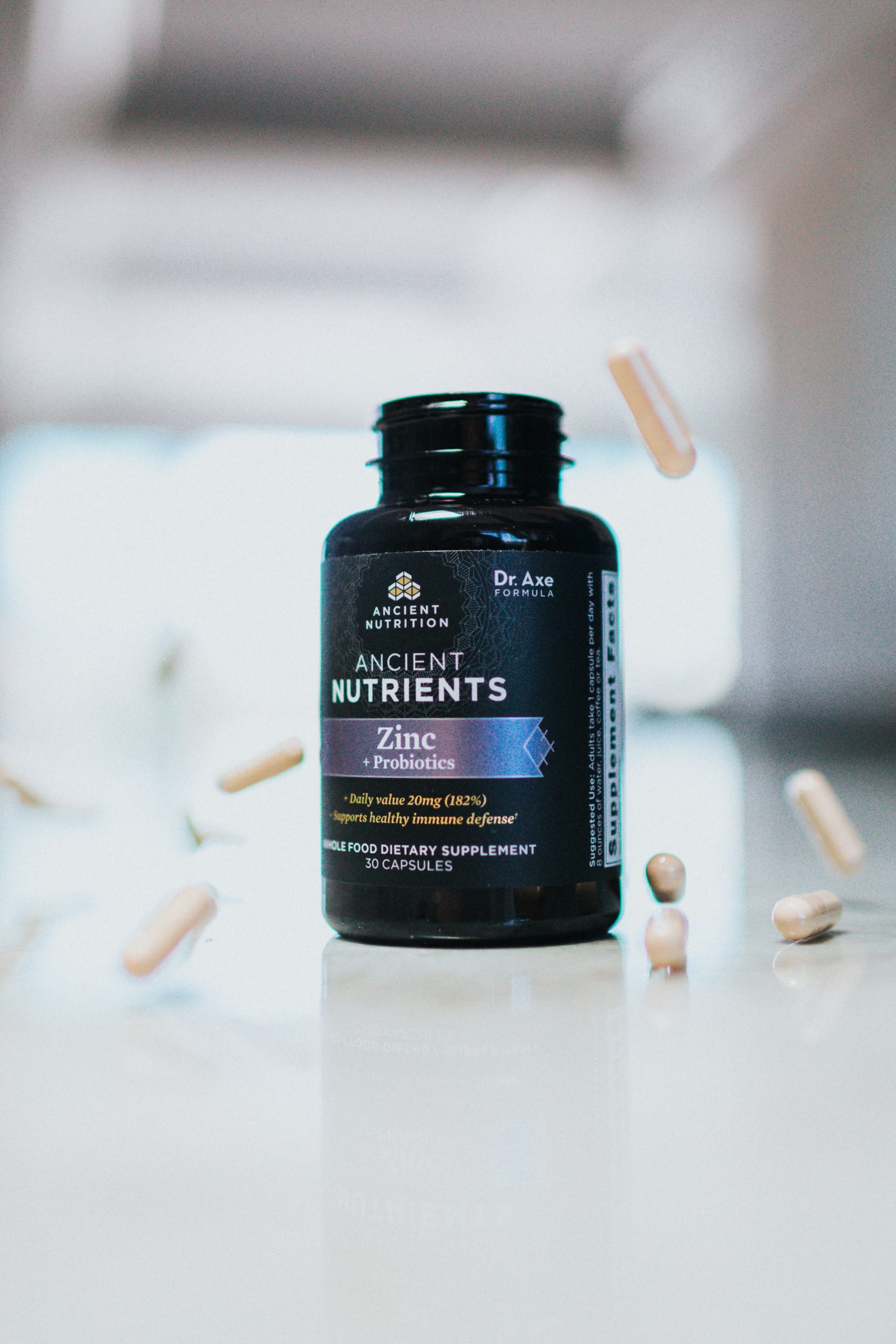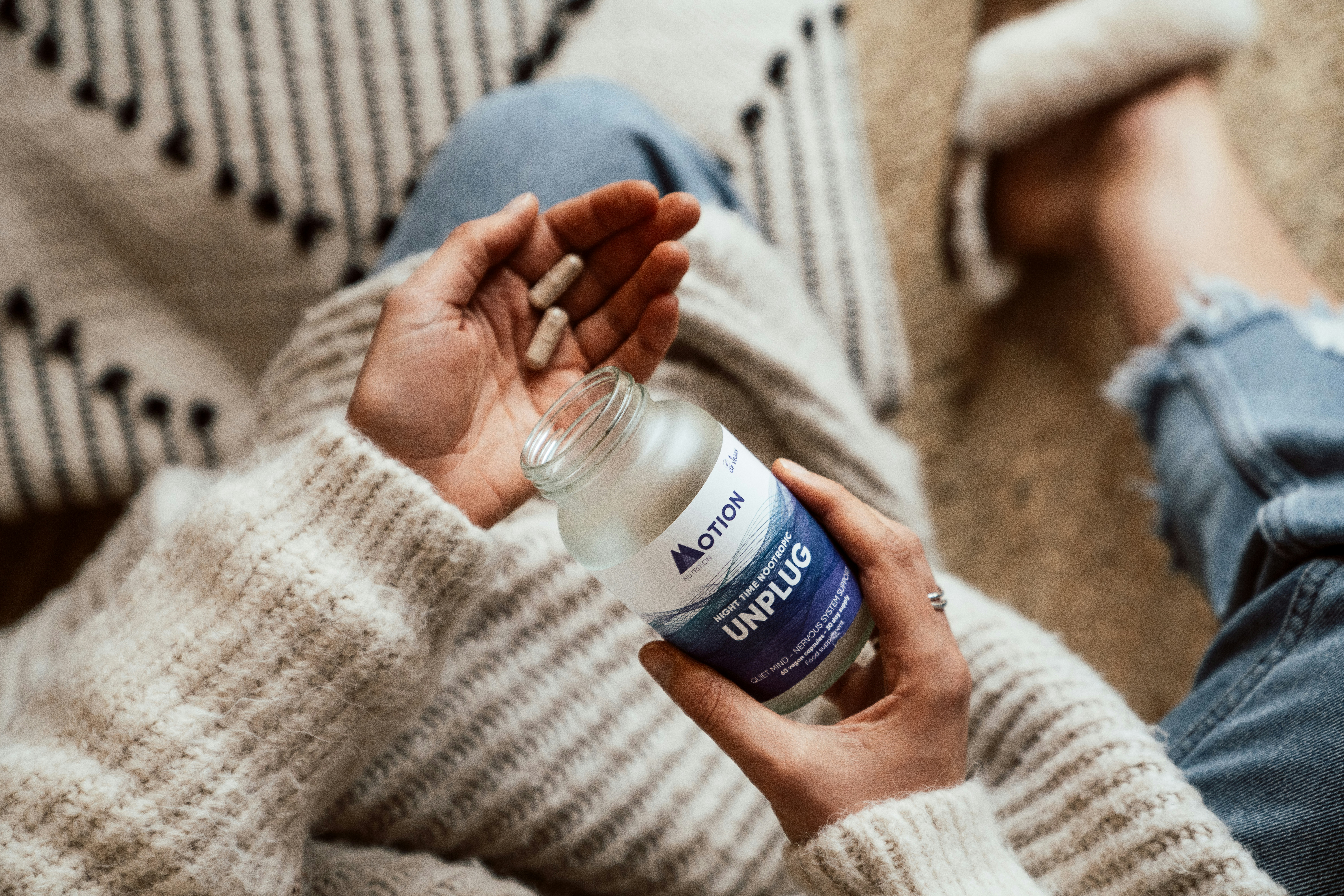Are you considering adding SAMe to your dietary regimen? Before you do, it’s essential to understand what supplements may not be taken with SAMe. S-Adenosyl-L-Methionine, or SAMe, is a naturally occurring compound in the body that has gained recognition as a dietary supplement due to its potential therapeutic effects on mood, joint health, and liver function. SAMe plays a crucial role in the synthesis of neurotransmitters, DNA, proteins, and other essential molecules for proper cellular function. It is often used to address conditions like depression, osteoarthritis, and liver disorders. However, while SAMe is generally safe and well-tolerated, there are supplement interactions to be aware of. Consulting a healthcare professional before starting SAMe supplementation is highly recommended to ensure its safe and effective use.
Supplements That May Interact with SAMe
St. John’s Wort
St. John’s Wort is an herbal supplement commonly used for the treatment of mild to moderate depression. It works by increasing the levels of certain neurotransmitters in the brain, including serotonin, dopamine, and norepinephrine. However, taking St. John’s Wort with SAMe may increase the risk of serotonin syndrome, a potentially life-threatening condition characterized by agitation, high fever, rapid heart rate, and confusion. Therefore, it is advised to avoid combining St. John’s Wort with SAMe to prevent this interaction.
Antidepressant Medications
Certain classes of antidepressant medications, such as selective serotonin reuptake inhibitors (SSRIs), monoamine oxidase inhibitors (MAOIs), and tricyclic antidepressants, should not be taken with SAMe due to potential interactions. Combining these medications with SAMe can increase the levels of serotonin in the brain, resulting in serotonin syndrome. Symptoms of serotonin syndrome include restlessness, rapid heartbeat, hallucinations, loss of coordination, and severe nausea. It is important to consult with a healthcare professional before taking SAMe if you are currently using any antidepressant medications.

Levodopa
Levodopa is a medication commonly prescribed to manage symptoms of Parkinson’s disease. It is converted into dopamine in the brain, which helps alleviate movement difficulties associated with the condition. However, taking SAMe with levodopa may reduce the medication’s effectiveness. SAMe can increase the breakdown of levodopa in the body, leading to decreased symptom control. Therefore, it is recommended to avoid using SAMe while taking levodopa, unless otherwise advised by your healthcare provider.
Monoamine Oxidase Inhibitors (MAOIs)
Monoamine oxidase inhibitors (MAOIs) are a class of antidepressant medications that work by inhibiting the activity of monoamine oxidase enzymes, which break down neurotransmitters like serotonin, dopamine, and norepinephrine. Taking MAOIs with SAMe can increase the risk of serotonin syndrome. Due to this potential interaction, it is crucial to inform your healthcare provider if you are currently taking MAOIs before considering SAMe supplementation.

Serotonergic Medications
SAMe may interact with other serotonergic medications, which are medications that affect the levels of serotonin in the brain. These can include medications used to treat migraines, such as triptans, as well as certain medications used to treat mood disorders, like buspirone. Combining these medications with SAMe can increase the risk of serotonin syndrome. It is important to discuss your medication regimen with a healthcare professional before starting SAMe supplementation to avoid any potential interactions.
Selective Serotonin Reuptake Inhibitors (SSRIs)
Selective serotonin reuptake inhibitors (SSRIs) are a widely prescribed class of antidepressant medications that help increase serotonin levels in the brain. Similar to other antidepressants, combining SSRIs with SAMe can increase the risk of serotonin syndrome. Symptoms of serotonin syndrome can range from mild to severe and may include agitation, confusion, rapid heartbeat, dilated pupils, and muscle rigidity. It is essential to inform your healthcare provider if you are taking SSRIs before considering SAMe supplementation.
Triptans
Triptans are medications commonly used to treat migraines and cluster headaches. They work by constricting blood vessels and inhibiting the release of pain signals in the brain. Like other serotonergic medications, combining triptans with SAMe can increase the risk of serotonin syndrome. It is advisable to consult with a healthcare professional before using SAMe if you are currently taking triptans to manage migraines.
Tricyclic Antidepressants
Tricyclic antidepressants are an older class of antidepressant medications that are sometimes prescribed for depression, chronic pain, and certain sleep disorders. These medications can also increase the levels of serotonin in the brain. Combining tricyclic antidepressants with SAMe can lead to excessive serotonin levels and increase the risk of serotonin syndrome. It is important to discuss your medication regimen with a healthcare professional before considering SAMe supplementation.
Warfarin
Warfarin is an anticoagulant medication commonly prescribed to prevent blood clots. SAMe may potentially increase the risk of bleeding when taken with warfarin. The exact mechanism of this interaction is still not fully understood, so caution is advised. If you are taking warfarin, it is important to inform your healthcare provider before starting SAMe supplementation to monitor your blood clotting levels closely.
Nonsteroidal Anti-Inflammatory Drugs (NSAIDs)
Nonsteroidal anti-inflammatory drugs (NSAIDs), such as ibuprofen and naproxen, are commonly used to relieve pain, reduce inflammation, and manage fever. SAMe may interact with NSAIDs and increase the risk of bleeding. If you are taking NSAIDs, it is advisable to consult with a healthcare professional before considering SAMe supplementation to evaluate the potential risks and benefits.
In conclusion, while SAMe is a promising dietary supplement with potential therapeutic effects on mood, joint health, and liver function, it is crucial to be aware of potential interactions with other supplements and medications. To ensure your safety and optimize the effectiveness of SAMe supplementation, it is vital to consult with a healthcare professional before starting any new dietary supplement regimen. They can provide personalized guidance, taking into consideration your unique health profile and any medications or supplements you may be taking, to help you make informed decisions and prevent any potential interactions.








